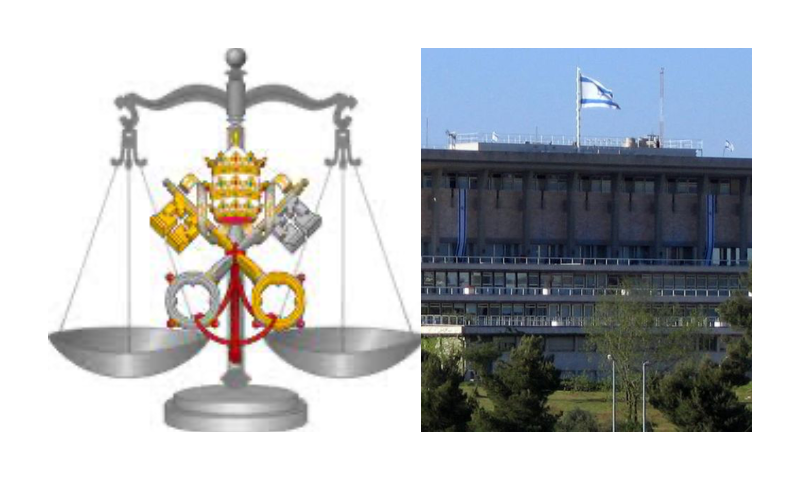Michael Starr
Jerusalem Post, Feb. 3, 2023
“What we are seeing now is part of the backlash to that because a lot of the people now would say the inland Supreme Court became too active,” explained Gross. “And [they would say] ‘we want to kind of bring the power back to the people rather than the Court, which is ruling in an undemocratic way.”
Israeli politics and civil society have been preoccupied with the balance of powers between the Knesset and High Court of Justice since a legal reform plan was proposed by Justice Minister Yariv Levin at the beginning of January. However the challenges of defining the boundaries of Israel’s legislative and judicial branches didn’t begin in 2023, but with the very origins of the state.
Israel’s constitutional process, which has been ongoing since the first Knesset was formed, tells a story of seeking out utility in the moment and of political motives, as well as attempts at compromise and consensus, which have left challenges for future generations to grapple with. These challenges echo in the Knesset committees debates and protest march chants today.
Why doesn’t Israel have a constitution?
Israel was supposed to have a constitution. This was specifically stipulated in United Nations resolution 181, and in Israel’s Declaration of Independence it was said that it would establish a democratic constitution, explained Yaniv Roznai, codirector of Reichman University’s Rubinstein Center for Constitutional Challenges.
“This was the original plan, and indeed elections for a constitutional assembly took place in January 1949. However, the constitutional assembly, once it was assembled, received the authority not only to draft the constitution but also to be the ordinary legislator, to enact ordinary laws,” Roznai said. “Because this was the democratically elected body at the time and it started debating the constitution matter, no one doubted the fact that it has the authority to enact the constitution.”
… [To read the full article, click here]


